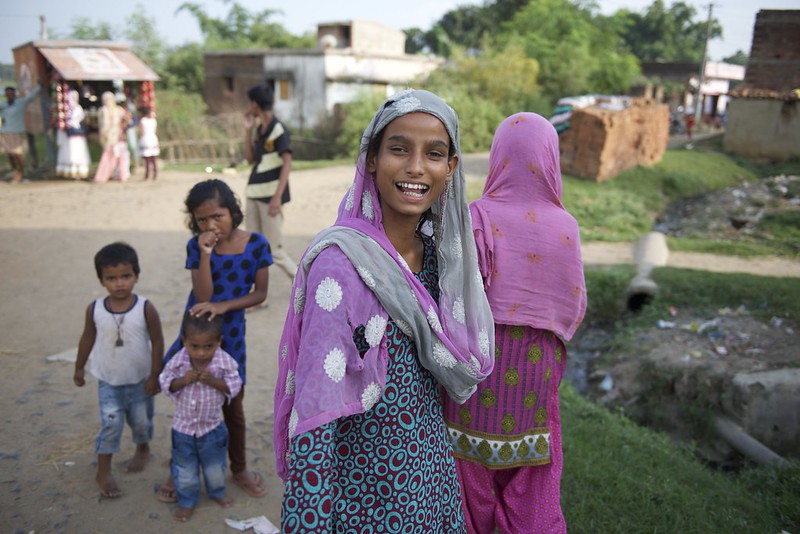 It is estimated that 13.7% of the people living in the Southeast Asia region suffer from mental health conditions. When zooming in on India, the number rises to 15%, showing the need for reform for mental health in India. Most people suffering remain untreated in the country’s current mental health infrastructure. This contributes to the high suicide rates in Southeast Asia. When individuals remain untreated, personal and interpersonal relationships are negatively impacted. Furthermore, there are documented consequences at the individual’s socioeconomic level.
It is estimated that 13.7% of the people living in the Southeast Asia region suffer from mental health conditions. When zooming in on India, the number rises to 15%, showing the need for reform for mental health in India. Most people suffering remain untreated in the country’s current mental health infrastructure. This contributes to the high suicide rates in Southeast Asia. When individuals remain untreated, personal and interpersonal relationships are negatively impacted. Furthermore, there are documented consequences at the individual’s socioeconomic level.
Mental Health in India
India lacks a unified health infrastructure, leading to exorbitant prices and unequal access to mental health care. High treatment costs have a detrimental effect on vulnerable populations, pushing some families into poverty as they seek treatment. While the country provides free health care to the most impoverished 40% of its population, significant gaps in coverage remain. Many people are left to pay out of pocket for up to 50% of their healthcare needs, including prescriptions.
This inconsistency in healthcare contributes to the 55 million people who are pushed back into poverty every year in India. Despite these numbers, India, the most populated country in this region, spends less than 2% of its gross domestic product on health care. Low spending has resulted in a shortage of medical staff and resources. To combat this mental health epidemic, leaders are looking toward implementing more community-based care models.
Community-Based Care
Traditionally, institutionalization has been the mainstay in treating people with mental disorders. This was first thought to provide people with a safe place to heal while struggling with a mental disorder. However, new research has shown that it is not the most effective method. New understandings push public health leaders to advocate for and develop a new community-based care system. The care system will center the individual and their community at the core of treatment. The Southeast Asia Director of the World Health Organization (WHO), Ms. Saima Wazed, explains how “as our understanding of mental health has evolved, so too must our methods of care.”
As WHO Southeast Asia transitions to a community-based care model, it is emphasized that this shift will reduce the negative impacts of institutionalization. It will provide more community support for individuals with mental disorders. This new model of care will increase the number of people with access to mental health care and offer improved treatment outcomes. In March 2024, a three-day meeting was held in Bangkok, Thailand, to discuss how best to implement community-based care in the region.
Those working to create more awareness and implement community-based care are also fighting the deep stigma that surrounds mental health in India. Often fueled by misinformation, the stigma prevents many people from accessing the care they need for fear of social marginalization. This is contributing to an underutilization of available resources.
Final Words
India, having one of the highest percentages of individuals affected by mental health disorders, stands to gain the most from implementing community-based care as a pillar of mental health treatment. This new development from WHO Southeast Asia will aim to eliminate institutionalization as the region’s focal form of therapy and instead explore community as a highly researched alternative.
– Carlee Unger
Carlee is based in Pembroke, NC, USA and focuses on Global Health for The Borgen Project.
Photo: Flickr

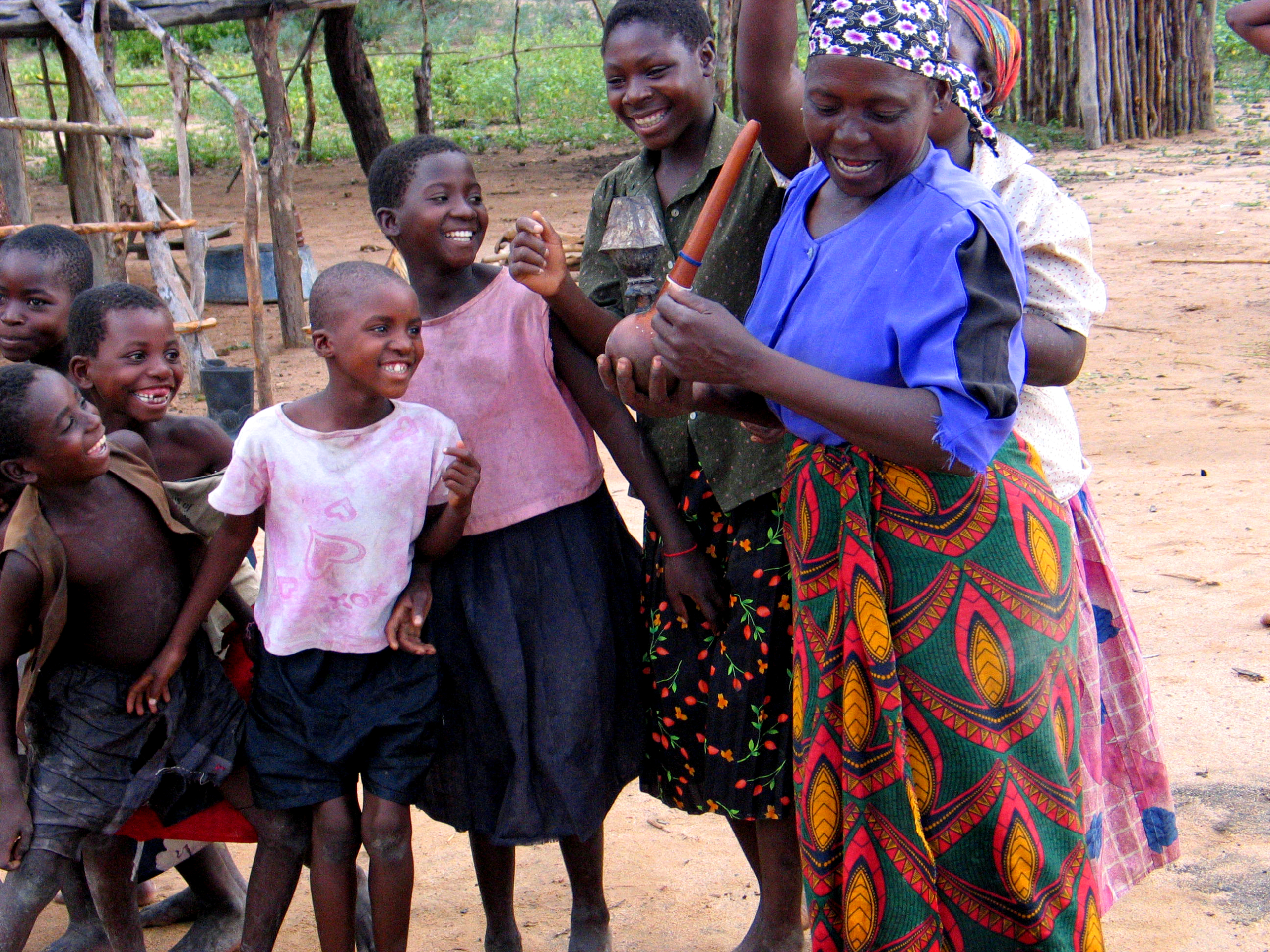


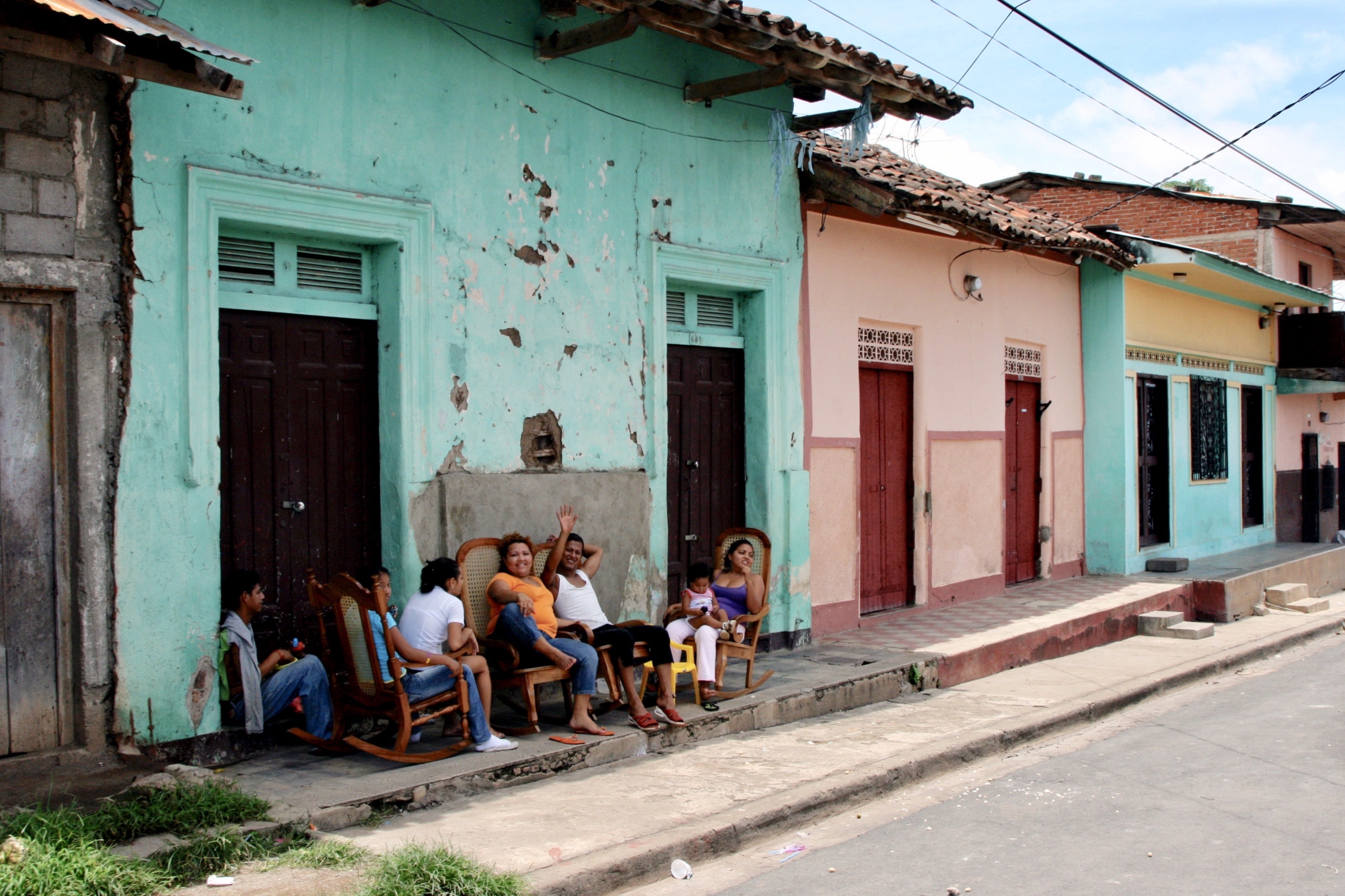 Mental health is a significant global health concern, and many countries are striving to find effective solutions. According to the 2022 World Mental Health Report,
Mental health is a significant global health concern, and many countries are striving to find effective solutions. According to the 2022 World Mental Health Report, 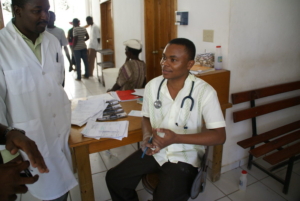

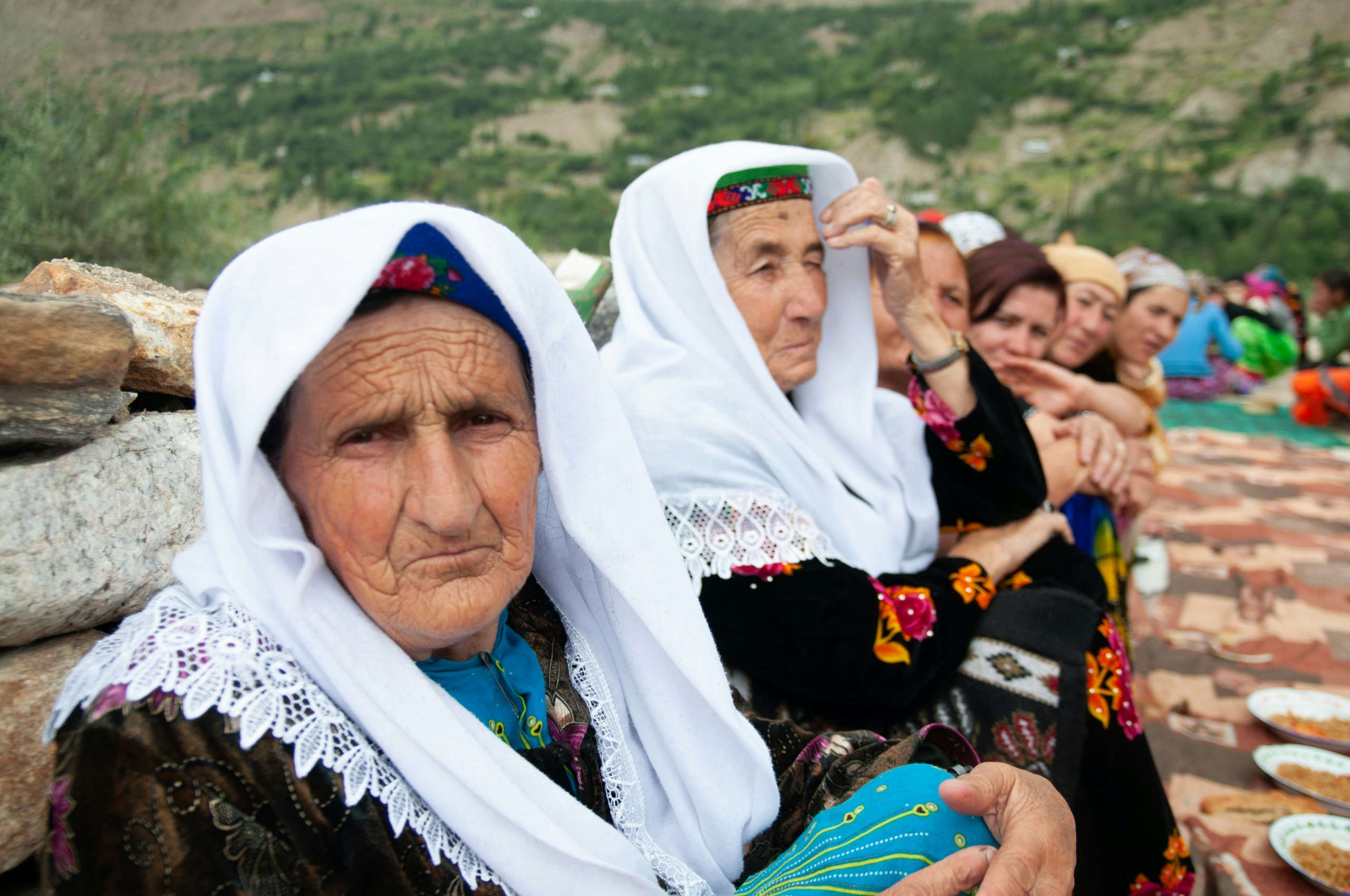 In 2018, International Alert, an organization attempting to tackle community violence in societies with a history of conflict and extreme poverty, embarked on the Living with Dignity project, an effort to tackle
In 2018, International Alert, an organization attempting to tackle community violence in societies with a history of conflict and extreme poverty, embarked on the Living with Dignity project, an effort to tackle  Malta, the small island state at the heart of the Mediterranean Sea, faces an epidemic of undiagnosed mental health problems.
Malta, the small island state at the heart of the Mediterranean Sea, faces an epidemic of undiagnosed mental health problems. 